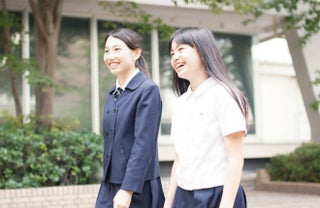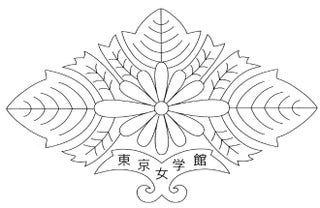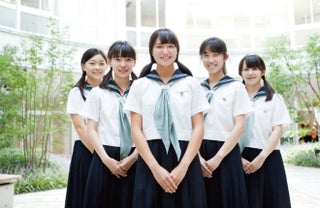~Journey from ACS (Independent) and Oxford to the University of Tokyo~
Springでは、日本や海外の大学で学ぶシンガポール人学生に、日本で学ぶことの魅力や日本への興味についてお話を聞きました。第1回目は、教育省語学センター(Ministry of Education Language Centre, MOELC)※で6年間日本語を学んだ後、東京大学公共政策大学院で学ぶ、アイザック・リーさんです。
※シンガポールでは、小学校卒業試験(PSLE)で上位10%の優秀な成績を収めた生徒が、中学入学後にMOELCで、日本語などの第三言語を学ぶことができます。
As the Japanese magazine specialised in global education, Spring is excited, for the first time, to feature the stories of high achieving Singaporean students who chose to study in Japan.
Name: Isaac Lee
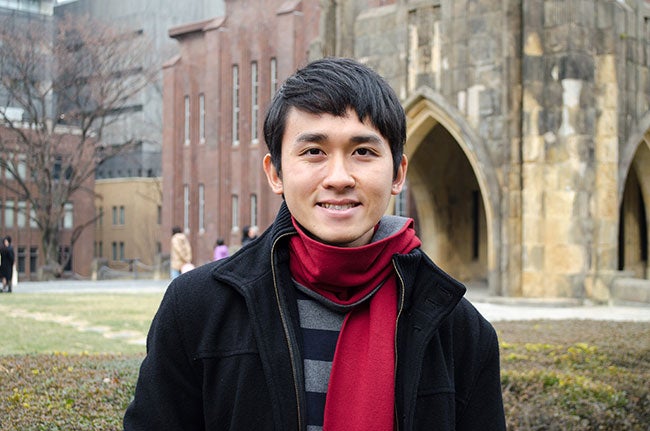 Isaac Lee
Isaac Lee"What you get out of your study in Japan will depend on your preparation and attitude. Being open and willing to learn about new cultures would definitely make your experience very enriching."
Currently studying at: University of Tokyo, Graduate School of Public Policy
- Secondary School: ACS (Independent), Singapore
- Bachelor's Degree from: University of Oxford, Philosophy, Politics and Economics
- Studied Japanese at: Ministry of Education Language Centre (MOELC)
Q. What was your experience like in terms of learning Japanese language?
I studied Japanese at MOELC for six years starting in secondary school, and the learning curve was always steep. I was fortunate to have had dedicated and experienced teachers, who continue to spur me on my Japanese language journey today.
After National Service, I participated in a one-month intensive language programme with the Japan Foundation. It was a turning point for my language learning. The participants were from various ASEAN countries, and our only common language was Japanese - we had to use it, from preparing for serious debates, to explaining games and planning trips to see cherry blossoms. After this experience, I was able to think in Japanese, and was said to sleep-talk in Japanese too!
Q. Why did you choose to learn Japanese?
My step-grandfather from my grandmother's second marriage is Japanese. I was 10 years old when I visited Japan for the first time, and I thought it would be nice to be able to communicate with him.
When I selected Japanese as my third language in MOELC, I was probably one of the few students who chose Japanese not because of their love for ANIME.
Q. Can you tell us about your pre-university experience, in preparation for university?
I completed my undergraduate degree in Philosophy, Politics and Economics at the University of Oxford, under a Singapore Government Scholarship from the Ministry of Foreign A?airs. I then joined the University of Tokyo as a Master of Public Policy (MPP, International Programme) student.
Prior to university, I sat for the International Baccalaureate Diploma Programme (IBDP), while pursuing the GCE'A' Level examination in Japanese. In school, I played the French horn in the band, as part of my study of Higher Music in the Music Elective Programme. My schedule was filled with Model United Nations conferences and other activities, and I volunteered at the Science Centre Observatory every week. My friends gave me the nickname “Robot” and would joke that if they wanted to go out, they had to book my time 3 months in advance! It was a privilege to have had such a rich experience in school.
Q. What is your impression of Japanese people?
In 2014, my friend Jorel and I organised a volunteer trip to Ishinomaki and Yamamoto-cho, both of which had been devastated in the 2011 tsunami. While assisting with reconstruction work, we interviewed a wide cross-section of the community, from fishermen to former teachers and relief workers, to understand how people coped with long-term disaster recovery as individuals. Everyone had lost much in the disaster; yet, there was a clear sense of hope and community spirit. As I heard their stories, I was deeply moved by their relationship with nature, their heart for one another, and most of all, their resilience and determination to build something new. We are now working to publish a photobook containing landscapes of the affected areas and portraits of interviewees with their words, which we hope would be a window into the strength and spirit of the people there. We plan to launch it later this year.
Q. What is your observation with regard to university students in Japan?
My Japanese schoolmates are brilliant and often have good ideas. However, they don't speak up as much to express their ideas. In addition, the scope of discussions is sometimes confined to the Japanese context, whereas we could benefit from more international perspectives, and greater pursuit of critical thinking in general.
Q. What is your plan after your current study?
I will be working for the Singapore Ministry of Foreign Affairs as a diplomat, and I look forward to it with great conviction. It is an incredible honour to have been granted this scholarship, and I hope to serve my country and the international community by furthering the good relationship between Singapore and Japan, as well as with other countries.
While in university, I completed internships with the Singapore Embassy in Seoul and our Permanent Mission to the UN in New York. I am about to head to our High Commission in Brunei in March. These have been excellent opportunities to work with senior diplomats, and be exposed to bilateral and multilateral work. The work is challenging and intense, but it is a learning journey every day, even as we fulfil our duties in furthering Singapore's interests.
Q. How do you find the Master’s Degree programme in Japan?
When I suggested a master's degree in Japan, my professors advised me to think twice. There are perceptions that teaching in Japan is largely unidirectional with little interaction, which would be very different from the one/two-on-one tutorials at Oxford, where I was constantly challenged to think, contribute ideas, and defend them.
Despite such reservations, I decided to enter the University of Tokyo, and am having a fulfilling time exploring this different education system. My undergraduate education was heavily focused on building a strong theoretical foundation, and the MPP is a suitable avenue for pursuing a stronger applied focus for my future career. Although Japan is mired in economic problems, it still maintains an important presence in Asia. I felt that it would be beneficial to widen my scope of study and understand the country and the region from the inside, while capitalizing on my language skills.
It helped that several professors in the Graduate School of Public Policy (GraSPP) have had overseas experience; their classes are more interactive and they challenge you to think further. I especially enjoy learning from professors who are practitioners; the greatest benefit of this MPP course is the interaction among policy professionals, which is the most useful form of knowledge exchange for our careers. This in cludes programmes like the International Field Workshop, where I organised a visit to the UN Division for Sustainable Development in New York, for adialogue with the O?cer-in-Charge of the Sustainable Development Goals process. We could, however, benefit from more international policy professionals among the faculty, rather than drawing excessively from Japanese officials. The International Programme is taught in English, although we are also encouraged to take the classes offered for Japanese students. It is up to the student to shape what he gets out of this two-year programme, and the programme gives you room to develop your interests and work with experienced people in the policy field.
Q. Any message for students interested in studying in Japan?
If you are a scientist or an economist, you would be impressed by the strength and rigour of research in the University of Tokyo. However, the language barrier and rigid work culture still exist; although I think Japanese universities are trying to open up and become more global-minded, something international students could tap on.
Visiting Japan and living here are two different things. We often see typified images of Japan, but in order to understand the beauty of the country, its rich culture and values, one has to live in Japan. Studying here can be a challenging but enriching experience, especially if you are clear about your purpose, and are prepared to thrive in a potentially different education and living environment from what you are used to. Besides, you'll fall in love with the sakura once spring comes round.
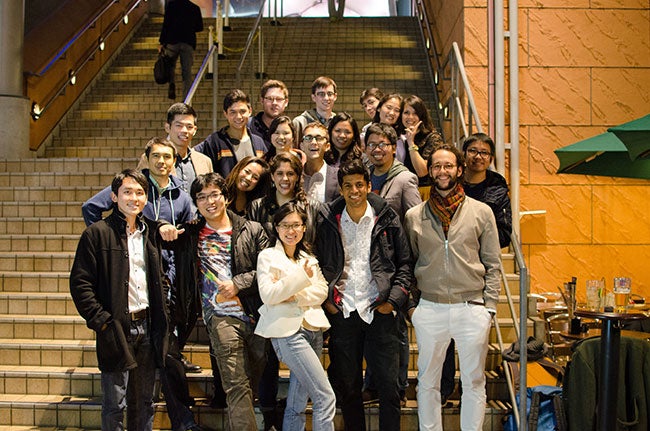 With my fellow students in the International Programme, Master of Public Policy, Graduate School of Public Policy, University of Tokyo.
With my fellow students in the International Programme, Master of Public Policy, Graduate School of Public Policy, University of Tokyo.







.jpg?optimize&width=320)
